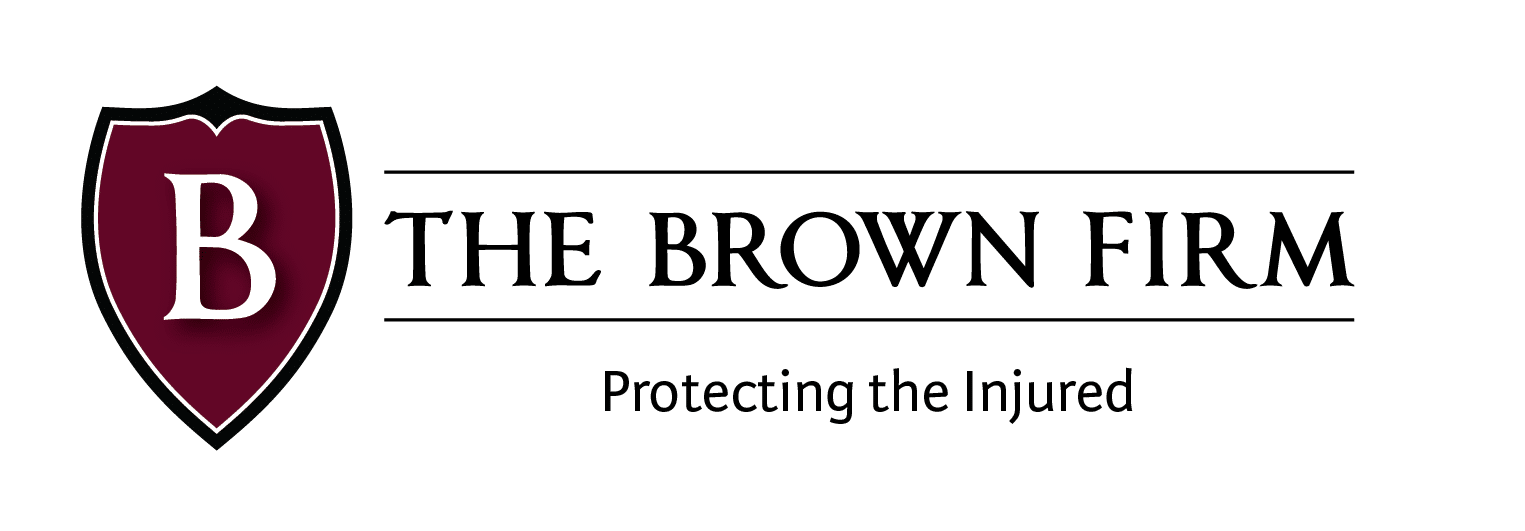Waiver
What is a Waiver?
Before engaging in any given activity, you may be required to sign a waiver, also known as a liability release form. By signing one of these waivers, you are waiving your legal claim to compensation in the event of an injury sustained during the activity, protecting the other party.
If you signed a waiver before getting hurt, you might still be able to file a claim for damages. A lawyer specializing in personal injury law can assist you.
When Are Waivers Used?
It’s common practice to use a waiver in the following scenarios:
- Before engaging in a potentially harmful physical activity
- Prior to stepping foot on a company’s property
- When signing up for a course or program at an academic institution
- As a prerequisite to employment
All of these scenarios have the same ultimate purpose. The other party essentially says, “If you are wounded while you’re here, you cannot sue us.”
However, not all injuries are covered by waivers. People often sign waivers, then file successful personal injury claims as though there was no waiver. As a result, certain waivers are more likely to be upheld by the courts than others.
When Will the Courts Enforce a Waiver?
In most cases, courts will uphold waivers if they identify the exact risk that resulted in the injury. If you sign a disclaimer before rock climbing and it states that you understand and accept the risk of falling and then become injured, you probably won’t be able to sue the climbing facility.
You’re already on the hook for bearing that particular risk. However, you may still have a case if you fall because your rock climbing guide didn’t maintain their equipment properly.
No release could ever give anyone the authority to disregard the safety of others. You signed the contract assuming the guide was competent and would use safety gear, but the guide did not live up to your expectations.
Here’s another scenario in which an amusement park could be liable or not liable for an injury:
- Not Liable: If you visit a theme park and experience a heart attack while riding a roller coaster, you cannot hold the park accountable for your heart attack.
- Liable: A roller coaster derails, and people die. The victim’s family members would be able to sue the amusement park for wrongful death.
How Can I Challenge a Waiver I've Signed?
The most common grounds on which to challenge a waiver are:
- You Weren’t Warned of All the Risks: If the waiver does not expressly advise you of the potential dangers, it may not be enforceable. You can dispute it if the risks are not adequately described or if the cause of your injury is not one of those specified.
- You Didn’t Have Equal Bargaining Power: This is the case whenever you must sign a waiver before a crucial action may be taken. In the case of a waiver for nursing home admission, a patient actually had no choice but to sign to be admitted to the facility. In some cases, you may be exempt from the waiver.
- Only a Minor Signed It: When a juvenile is involved, a parent or legal guardian must always sign a waiver. If the minor is the only signature, the document may be invalid.
- The Language Was Unclear, or the Waiver Was Deceptive: To cover every possibility, some disclaimers are overly vague. This often happens in cases involving premise liability. Or the waiver is included in a separate document, such as a registration form for an event or field trip. If either of these two things applies to your situation, you might have a case.
What Should I Do if I Signed a Waiver and Then Got Hurt?
We strongly advise that you contact an attorney without delay. It’s not uncommon for victims who have signed a waiver to feel helpless. You might be burdened with medical expenses, unable to return to work, and feel powerless since you think you signed away all of your rights.
However, you should know that you have legal options. It’s possible that you could be entitled to recoup at least some of your expenses. An attorney is the only one who can tell you whether or not you have a case.
Contact the Personal Injury Lawyers at The Brown Firm
If you have been injured in an accident, the experienced personal injury attorneys at The Brown Firm offer free consultations to accident victims in Georgia and South Carolina. Call 800-529-1441 to speak with our personal injury team today!
Ready to Talk to a Lawyer Who Has Your Back?
Contact The Brown Firm
Get the Answers and Compensation You Deserve
You’ll notice the difference when you contact The Brown Firm! Our local dedicated attorneys want to help you recover and rebuild.
Schedule your free consultation by calling (800) 529-1441 or completing our simple online form.
